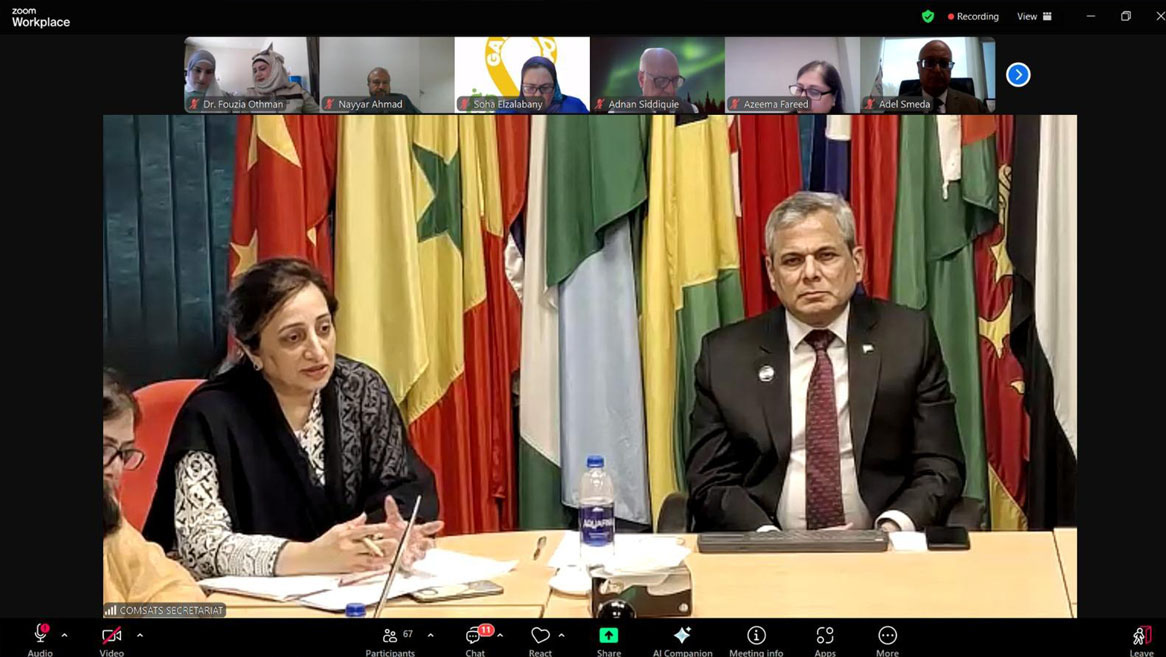19th November 2024, Baku, Azerbaijan: On Day 9 of COP29, COMSATS organized a sideline event titled “Integrating Permaculture and Predictive Modeling for Climate-Resilient Agriculture”. The event was held at the pavilion of the Islamic World Educational, Scientific, and Cultural Organization (ICESCO), with notable collaboration from the Living Indus Initiative, International Center for Agricultural Research in the Dry Areas (ICARDA), and the Food Security and Agriculture Centre of Excellence (FACE) in Pakistan. The Panel brought together experts, policymakers, and thought leaders to explore innovative solutions to one of the most pressing challenges of our time: ensuring sustainable agriculture in the face of climate change.
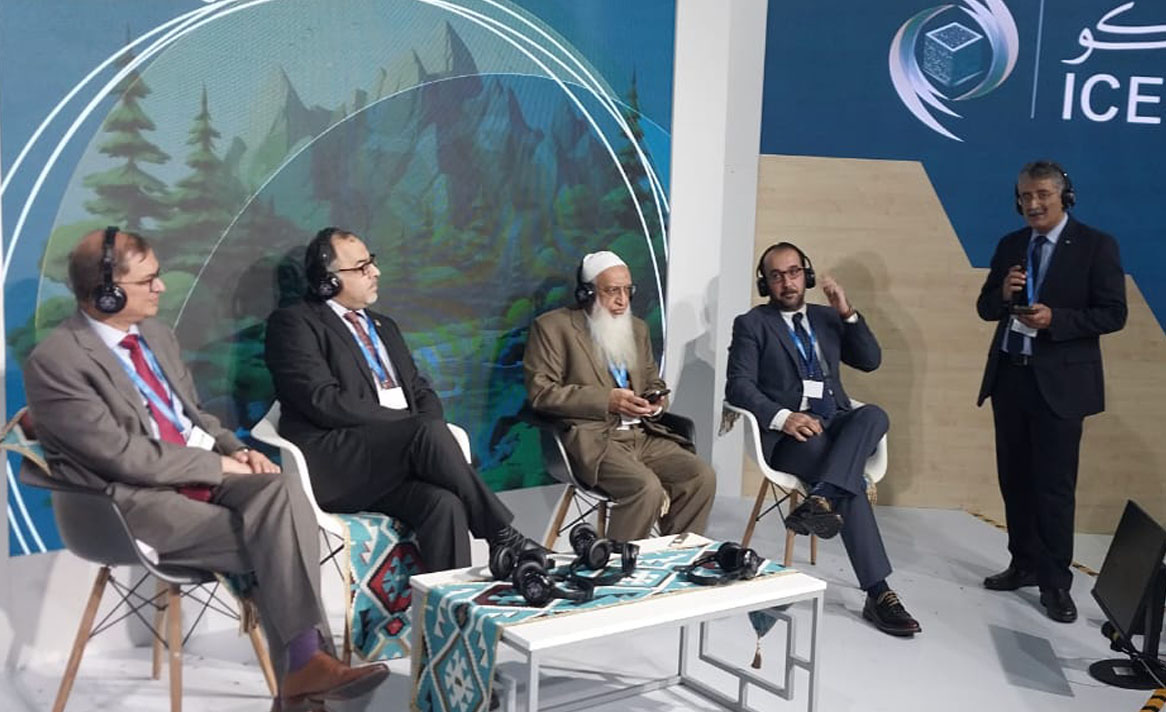
In his opening remarks, the Executive Director of COMSATS, Ambassador Dr. Nafees Zakaria, shared transformative examples of permaculture’s potential, citing projects such as Greening the Desert in Jordan. He emphasized, “Permaculture offers a critical shift toward sustainable, resilient, and resource-efficient agriculture. It is not merely a set of techniques but a guiding philosophy that enhances biodiversity, soil health, and ecosystem balance. With projects like these, barren landscapes have been transformed into green oases, providing a model for regions facing similar challenges globally.”
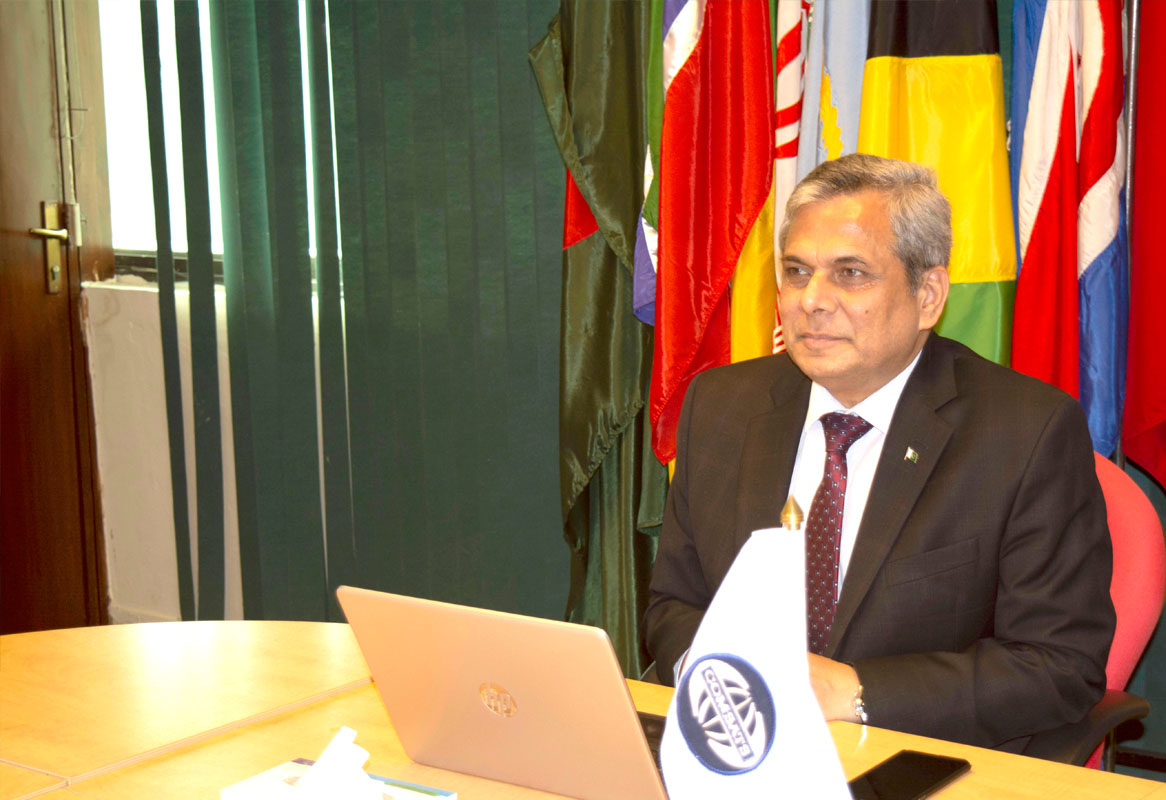
Ms. Azka Abdur Rehman, Executive Sustainability and Innovation, Fauji Fertilizer Company Limited, highlighted the connectivity between permaculture and predictive modeling. In her remarks, she stated, “Permaculture represents a philosophy of resilience and regenerative agriculture, while predictive modeling brings data-driven precision to this approach. Together, they form an unparalleled combination for fostering climate-resilient agricultural practices.”
Ms. Humaira Jahanzeb, Team Lead of the Living Indus Initiative, delivered a detailed presentation on securing the Indus River under the framework of the initiative. She described it as a flagship project of the UN World Restoration Flagship Programme, addressing the three planetary crises of biodiversity loss, pollution, and climate change. Her remarks emphasized the initiative’s integrated approach, including partnerships with UN agencies, academic alliances, global climate finance mechanisms, and community outreach.
The panel session, moderated by Mr. Faraz Ahmed Toor, Information Management Specialist, Living Indus Initiative, featured a distinguished panel of experts who explored the intersection of permaculture and predictive modelling. Dr. Vinay Nangia, Director Research Program (ICARDA) discussed how predictive modeling and digital tools can scale permaculture practices by enhancing community engagement, reducing costs for resource-limited farmers, and ensuring economic viability. He emphasized the importance of ICARDA’s conservation agriculture models in boosting resource efficiency and yield.
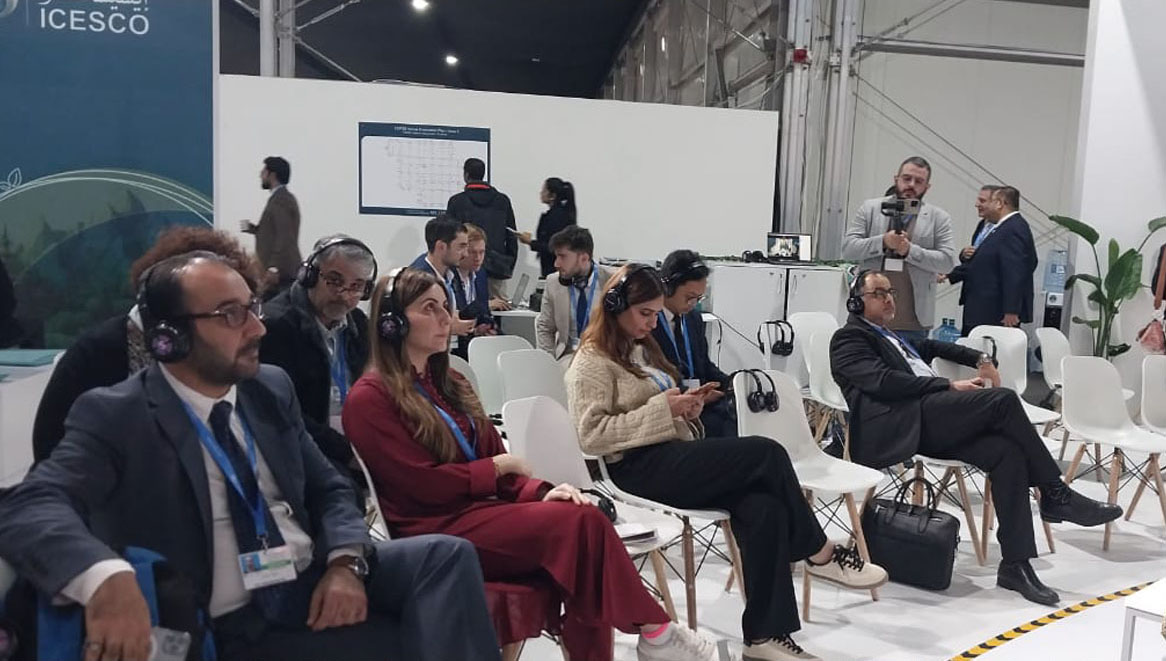
Mr. Faisal Syed, Project Development Technical Expert (Living Indus Initiative) shared insights on balancing social, environmental, and economic sustainability within permaculture practices, particularly in resource-scarce regions. He highlighted the role of predictive modeling in optimizing yields while maintaining this delicate balance.
Mr. Mohsin Hafeez, Director Food and Ecosystems (IWMI) underscored the importance of integrating local ecosystem data into predictive models, noting how this synergy supports long-term sustainability and resilience in areas facing harsh climatic conditions.
Mr. Minhaj Khokhar, CEO (PK2100) discussed scaling permaculture from small farms to large operations. He shared insights from predictive modeling that reveal which aspects of permaculture adapt well to large-scale farming and which may require more nuanced approaches.
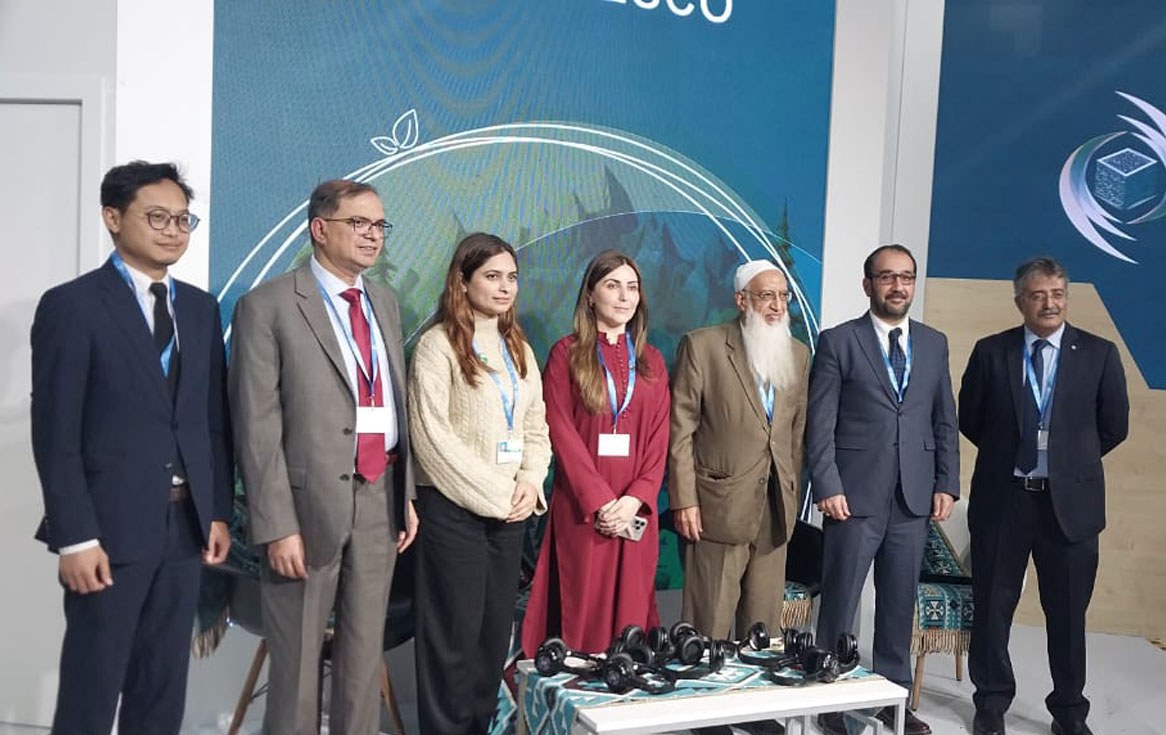
The discussions reiterated the need for holistic, interdisciplinary approaches to achieve climate-resilient agriculture. By combining the regenerative power of permaculture with the precision of predictive modeling, stakeholders can unlock solutions that are both innovative and impactful. The event concluded with a collective call to action: governments, research institutions, private sector actors, and local communities must collaborate to implement these transformative approaches. As the moderator of the event, Mr. Faraz Toor noted, “Together, we can lead a global movement toward climate-resilient agriculture, setting an example for regions grappling with similar challenges worldwide.”





